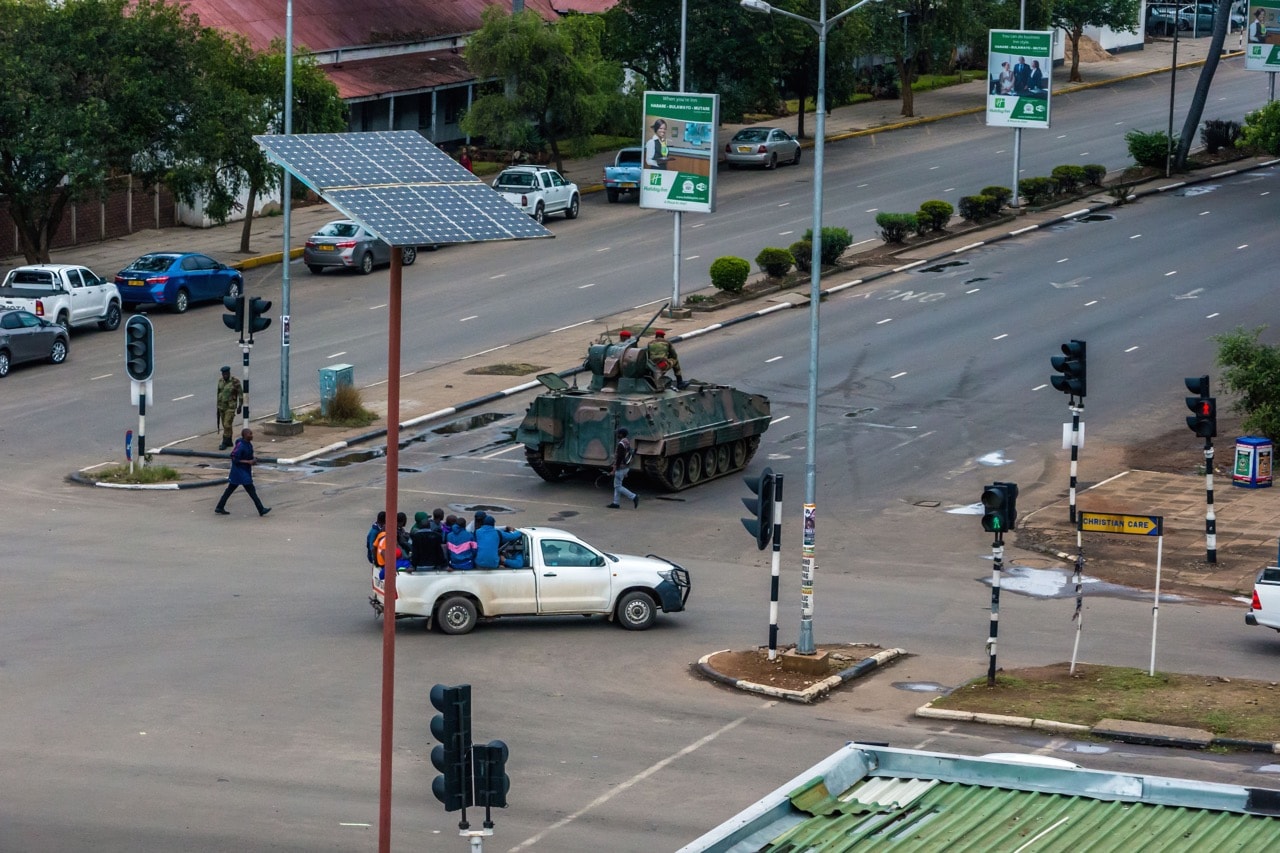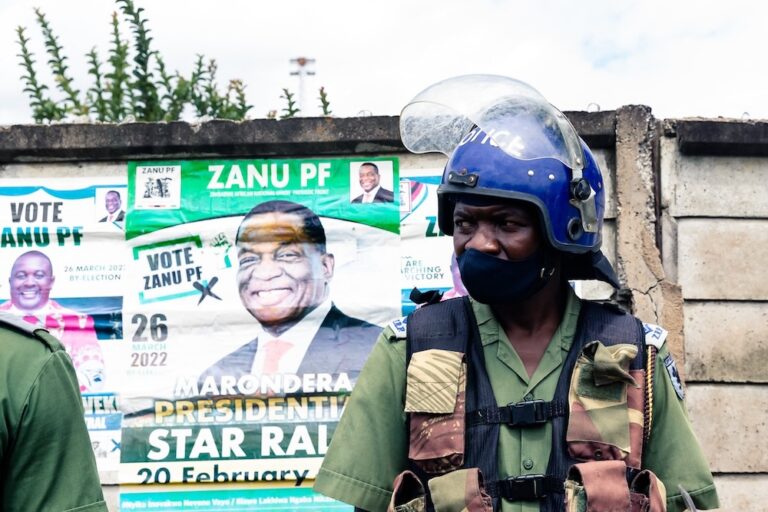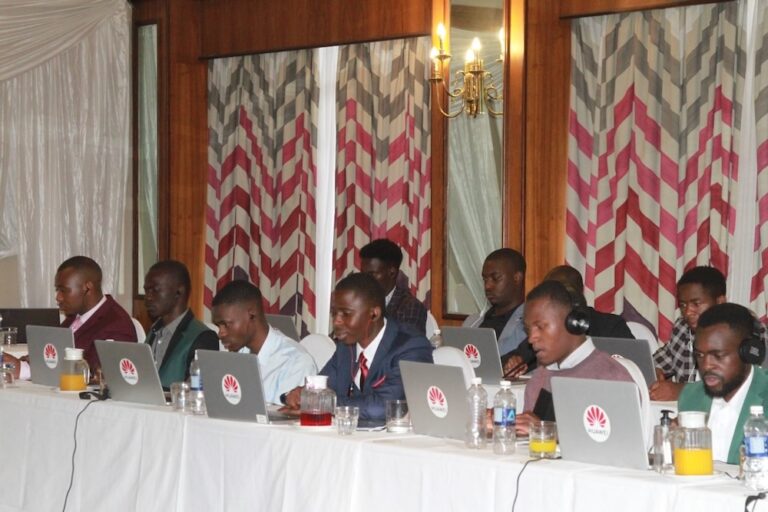MISA Zimbabwe has written to the Speaker of Parliament expressing its concern over the use of facial recognition equipment being used on roads in the absence of adequate and clear data privacy legislation.
This letter was originally published on zimbabwe.misa.org on 3 December 2018.
3 December 2018
Honourable Advocate Jacob Mudenda
Speaker of the National Assembly Parliament of Zimbabwe
Nelson Mandela Avenue
HARARE
Dear Sir,
RE: INCREASE IN COLLECTION OF PERSONAL INFORMATION IN THE ABSENCE OF ADEQUATE DATA PRIVACY LEGISLATION
MISA Zimbabwe writes to you to express its concern over the rise in the local use of surveillance technology and equipment in the absence of adequate and clear data privacy legislation.
Equipment such as the traffic cameras installed in parts of Bulawayo collects vast amounts of data that sometimes include personally identifying information.
The same goes for the undefined facial recognition equipment reportedly acquired from China and the cybersecurity equipment that Japan recently pledged to Zimbabwe.
While MISA Zimbabwe concedes to the fact that the Zimbabwean cyberspace must be protected, it is our respectful submission that such protection of the local cyberspace must be within the confines of and not unjustifiably encroach on the universal human rights principles and the Zimbabwean Constitution.
Section 57 of the Zimbabwean Constitution guarantees the right to privacy. This right to privacy includes protection from excessive and unjustified State surveillance.
MISA Zimbabwe respectfully contends that privacy provisions found in the Access to Information and Protection of Privacy Act (AIPPA) fall short of the privacy principles espoused in the Constitution. There is, therefore, need to gazette privacy legislation that will adequately protect citizen data from over-surveillance at the hands of the State.
Another point of concern is the lack of transparency around the acquisition of this cybersecurity equipment and the conditions under which it is sold to Zimbabwe.
For example, Zimbabweans woke up to read that Zimbabwe would send vast amounts of biometric and personal data to CloudWalk Technology, a Chinese based entity that is providing Zimbabwe with facial recognition technology. This is a violation of people’s right to privacy because no one had knowledge of or consented to the cross-border transfer of their data.
The lack of transparency and information around these deals is against the spirit of good governance and basic principles governing public administration as enshrined in sections 9(1) and 194 (1) (f) and (h) of the Constitution.
MISA Zimbabwe, therefore, urges Parliament to exercise its oversight function by examining how the acquisition and use of unspecified surveillance equipment will influence or curb the lawful enjoyment of the fundamental rights to privacy and free expression.
Yours Sincerely
Golden Maunganidze
Chairperson



